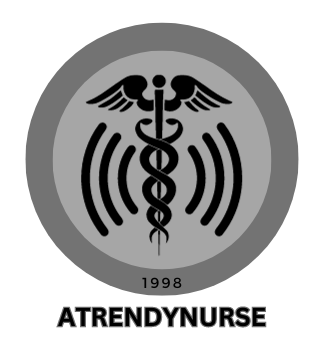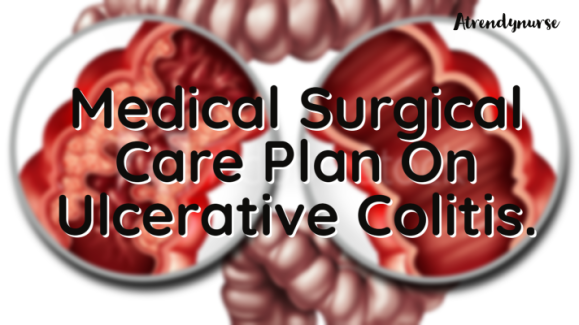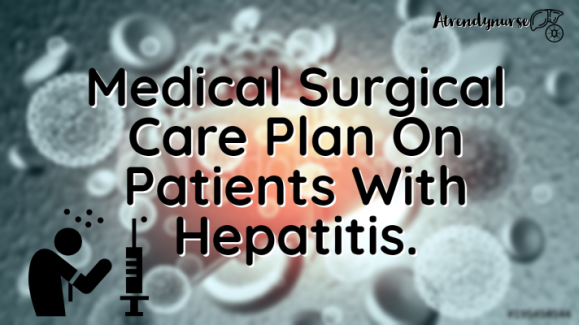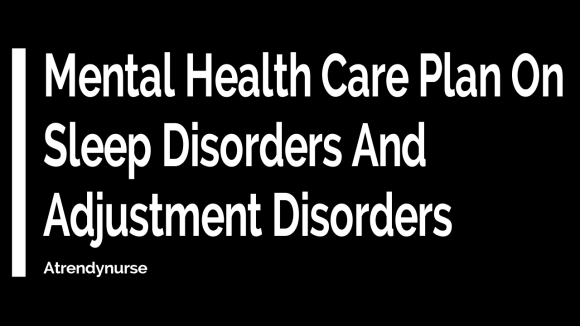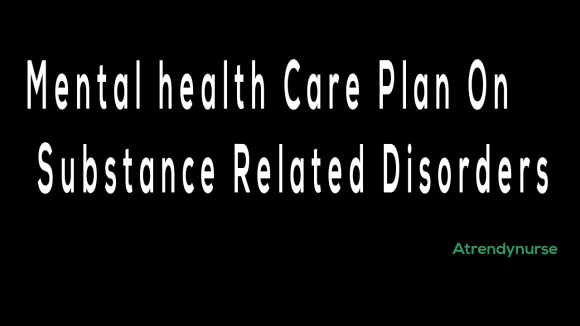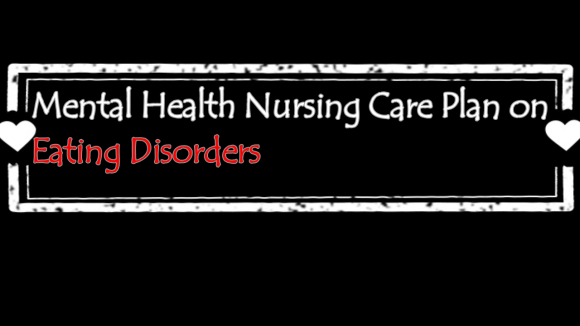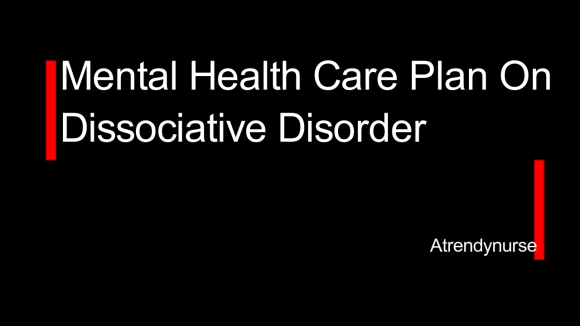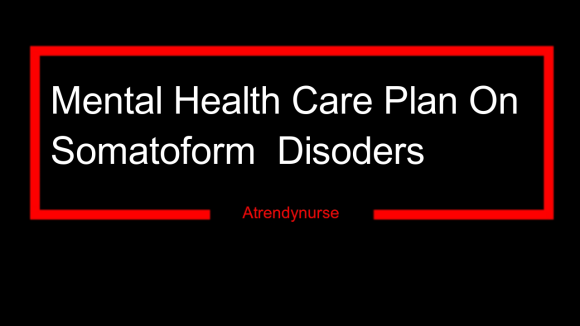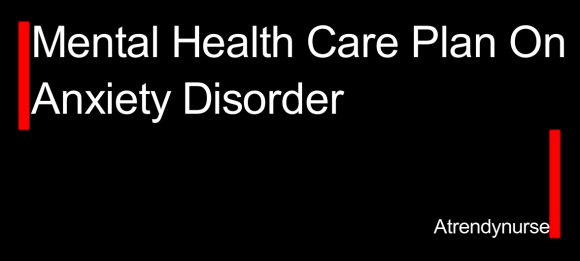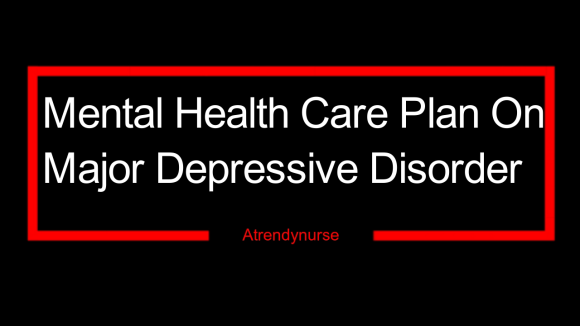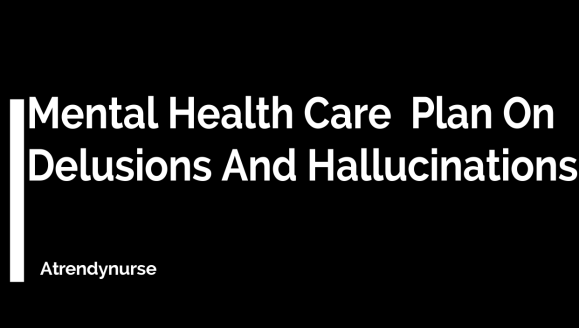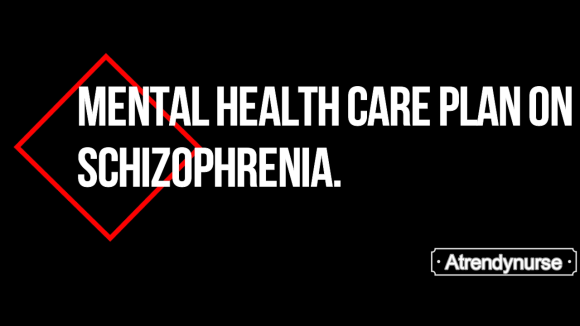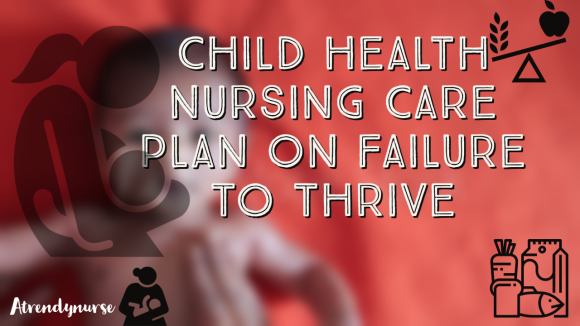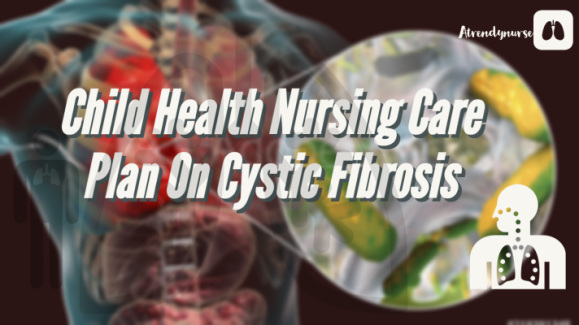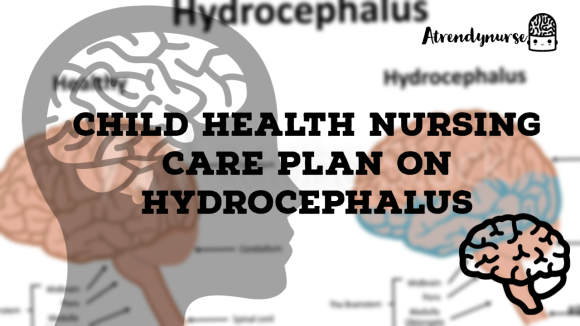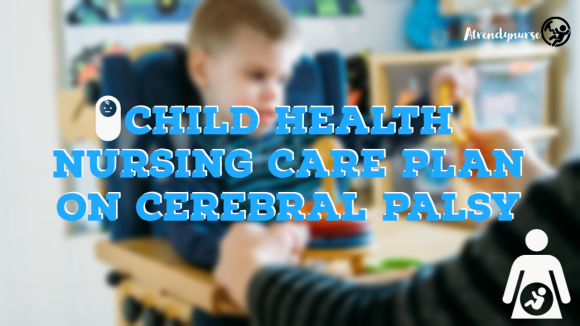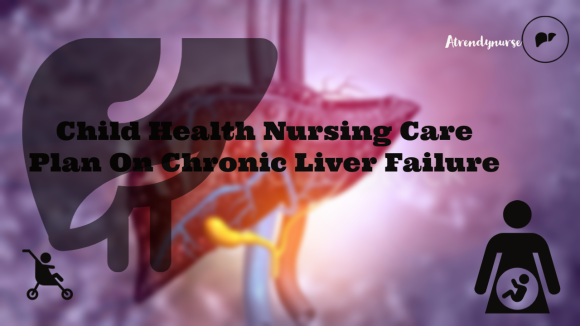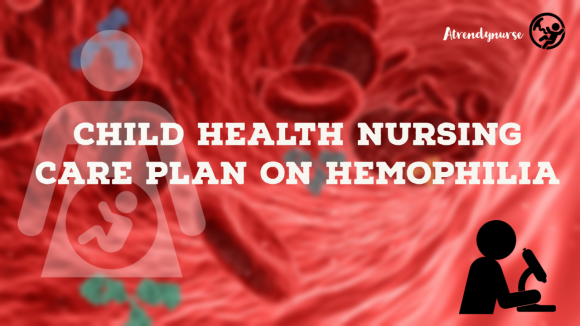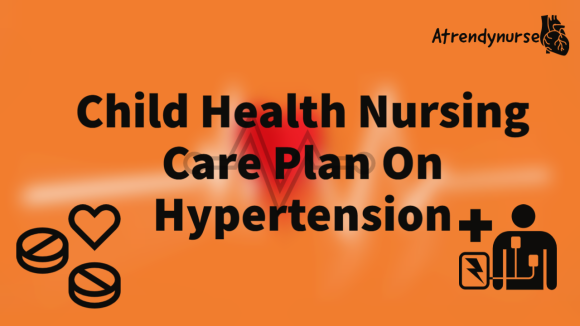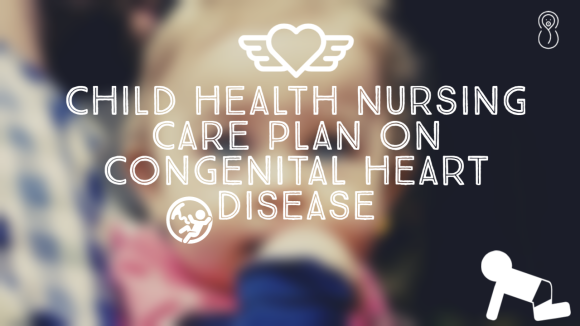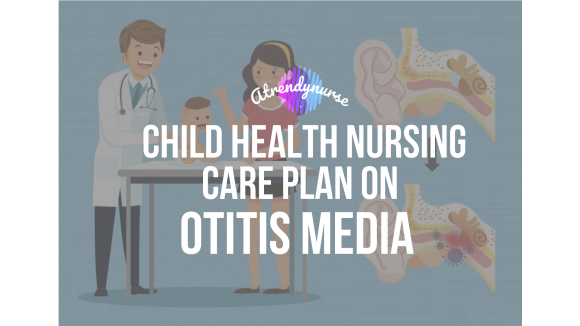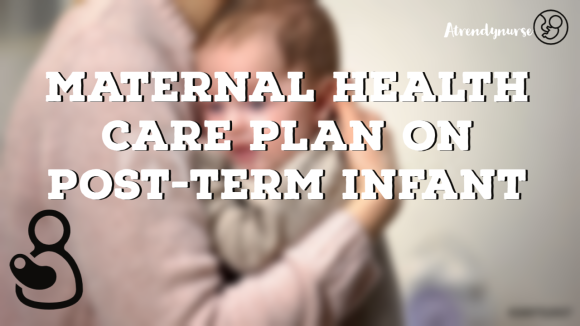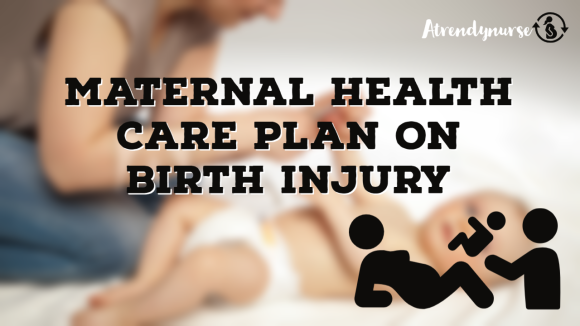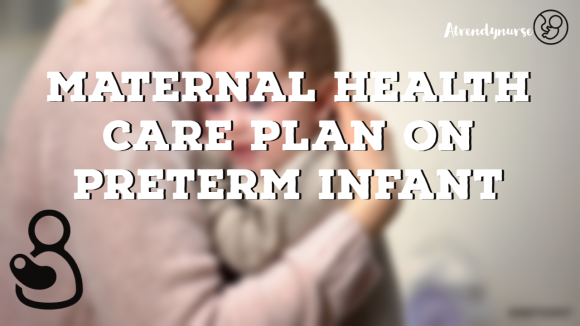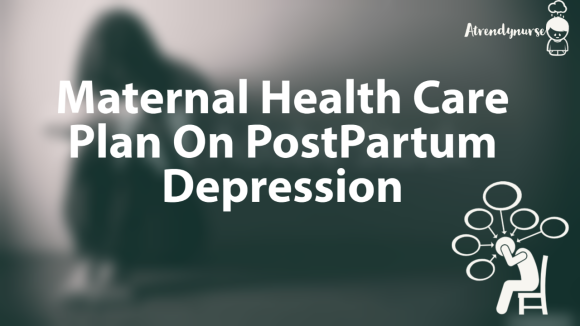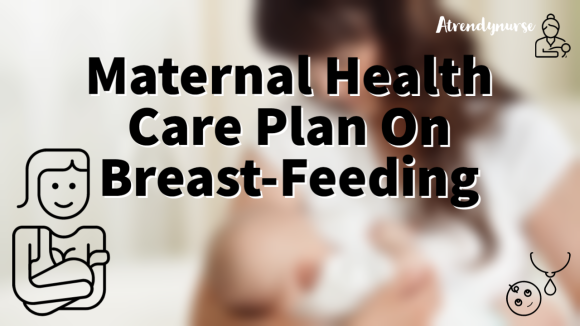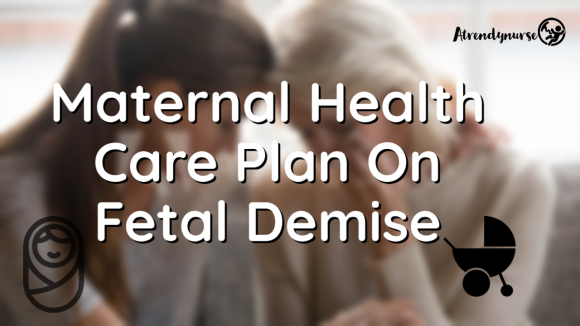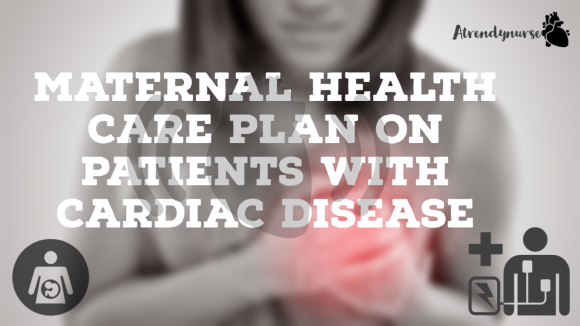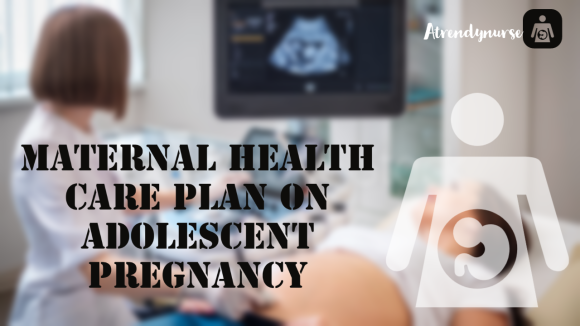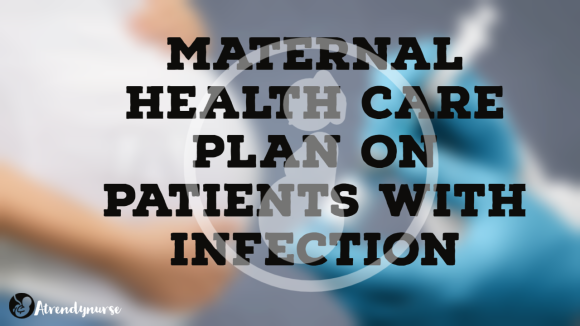
Care Plans
A nursing care plan provides direction on the type of nursing care the individual/family/community may need. The main focus of a nursing care plan is to facilitate standardized, evidence-based and holistic care.
Medical Surgical Care Plans

Medical Surgical Care Plan On Cirrhosis.
Cirrhosis is a chronic, serious disease in which normal configuration of the liver is changed, resulting in cell death. As cells die, they are replaced with nonfunctioning fibrous tissue.
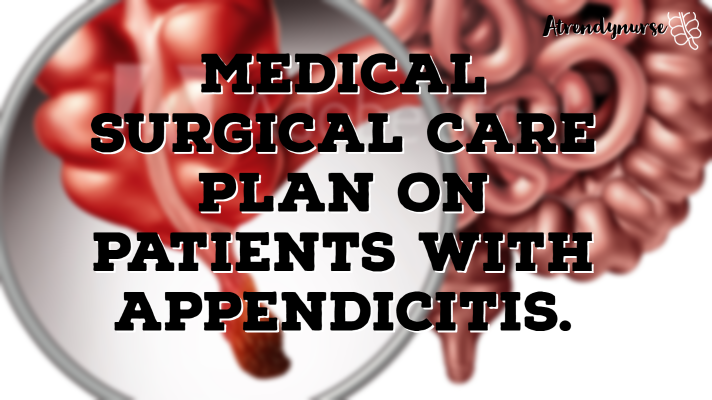
Medical Surgical Care Plan On Patients With Appendicitis.
Appendicitis is the most commonly occurring inflammatory lesion of the bowel and one of the most common reasons for abdominal surgery. Appendicitis occurs most often in adolescents and young adults, and is more common in males than females.
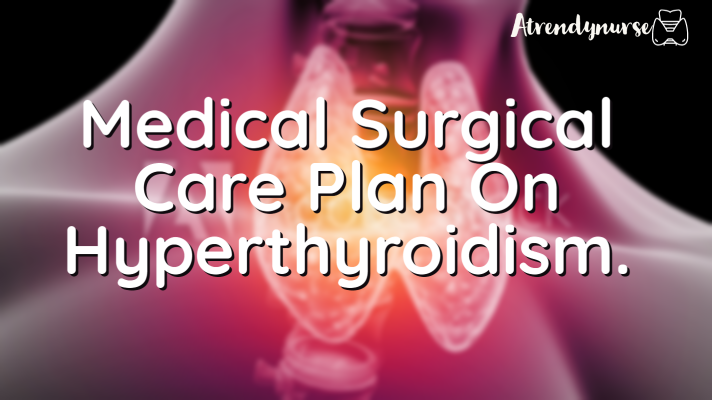
Medical Surgical Care Plan On Hyperthyroidism.
Hyperthyroidism is a clinical syndrome caused by excessive circulating thyroid hormone. Because thyroid activity affects all body systems, excessive thyroid hormone exaggerates normal body functions and produces a hypermetabolic state.

Medical Surgical Care Plan On Patients With Diabetic Ketoacidosis.
Diabetic ketoacidosis (DKA) is a life-threatening condition caused by severe lack of effective insulin, resulting in major hyperglycemia and metabolic, anion-gap acidosis from abnormal carbohydrate, fat, and protein metabolism resulting in production of ketones.
Loading…
Something went wrong. Please refresh the page and/or try again.
Mental Health Care Plans
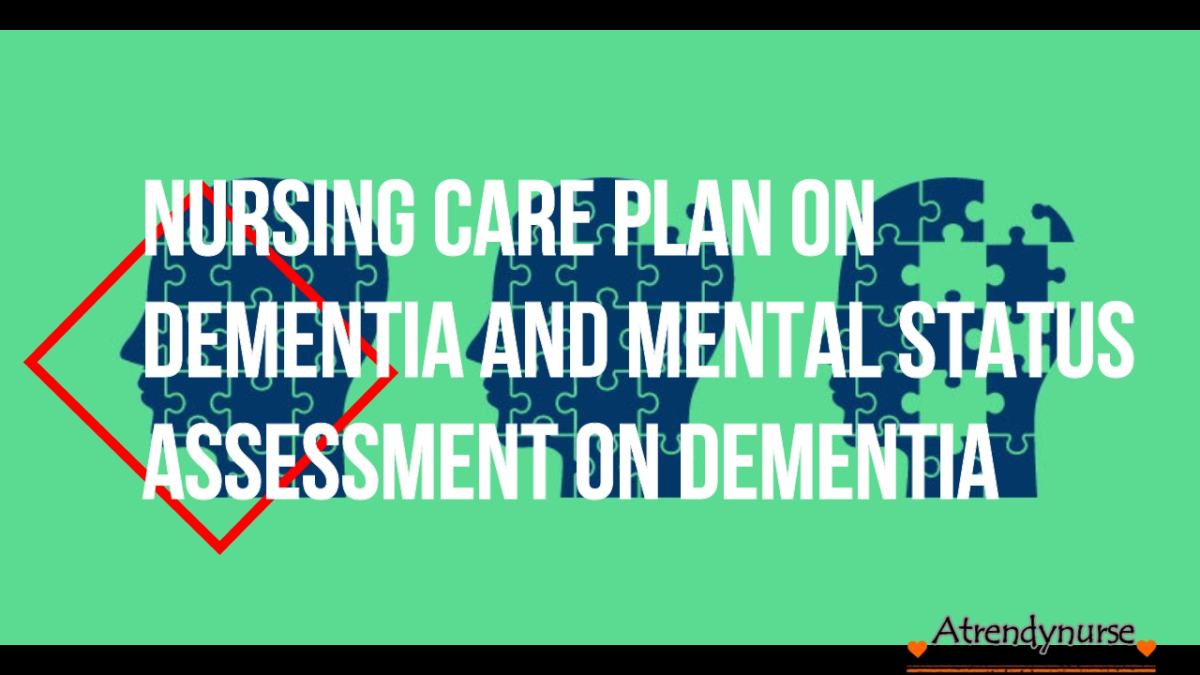
Nursing Care Plan on Dementia And Mental Status Assessment ON Dementia
The primary feature of dementia is impaired memory, with at least one of the following cognitive deficits: aphasia (impaired language), apraxia (impaired motor function), agnosia (impaired object recognition), and impaired executive functioning (abstract thinking and the ability to plan and execute complex behaviors).
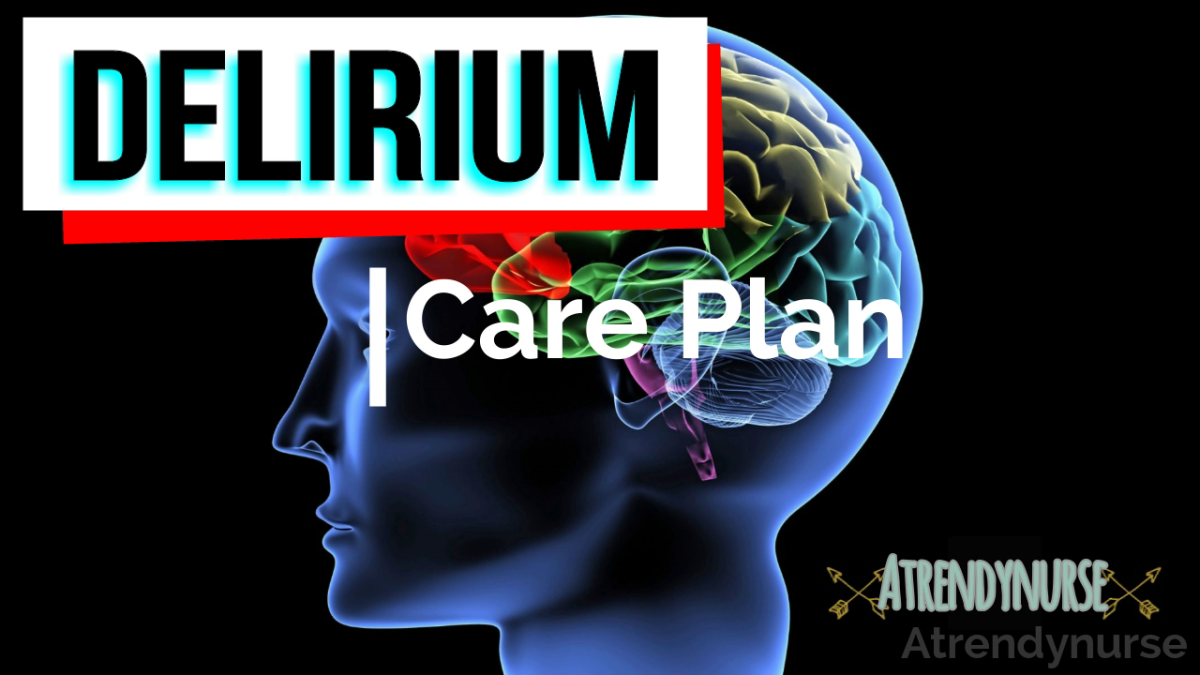
Care Plan On Delirium
A delirium is defined as “a disturbance of consciousness and a change in cognition that develop over a short period of time” (APA, 2000, p. 135), which is not related to a preexisting or developing dementia
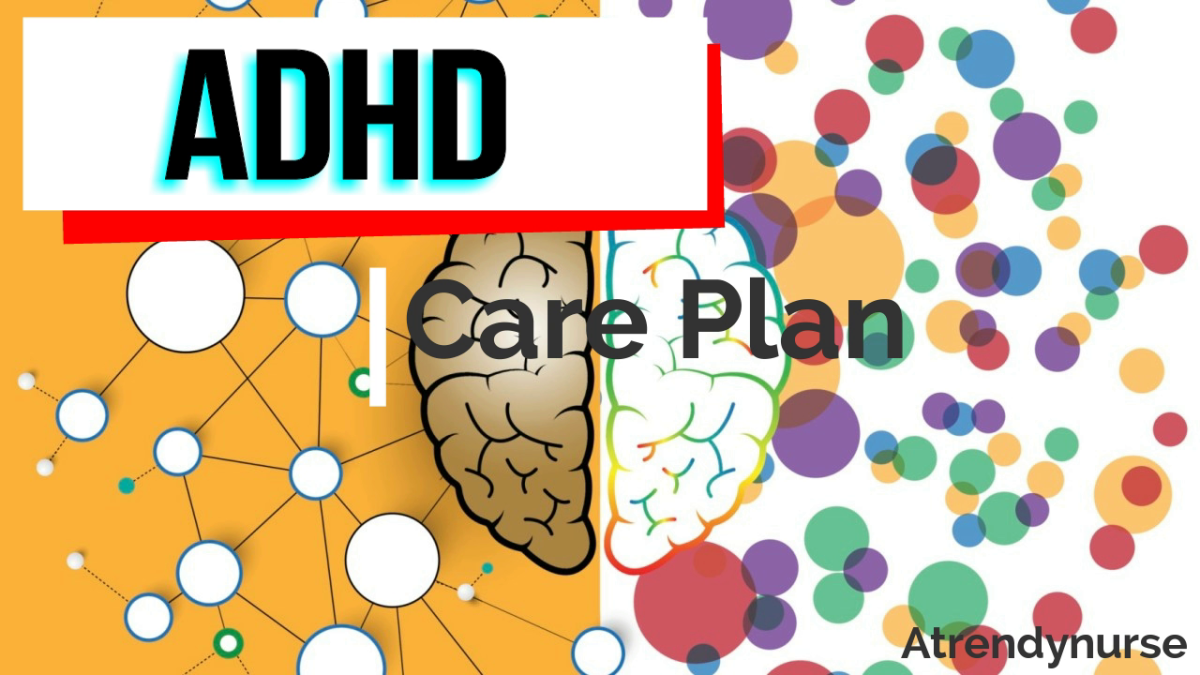
Care Plan on Attention deficit/hyperactivity disorder (ADHD)
Attention-deficit/hyperactivity disorder (ADHD)is a neurobehavioral disorder usually first diagnosed in childhood that is characterized by inattention, distraction, restlessness, hyperactivity, and/or impulsivity (Centers for Disease Control [CDC], 2010a).
Child Health Nursing Care Plans
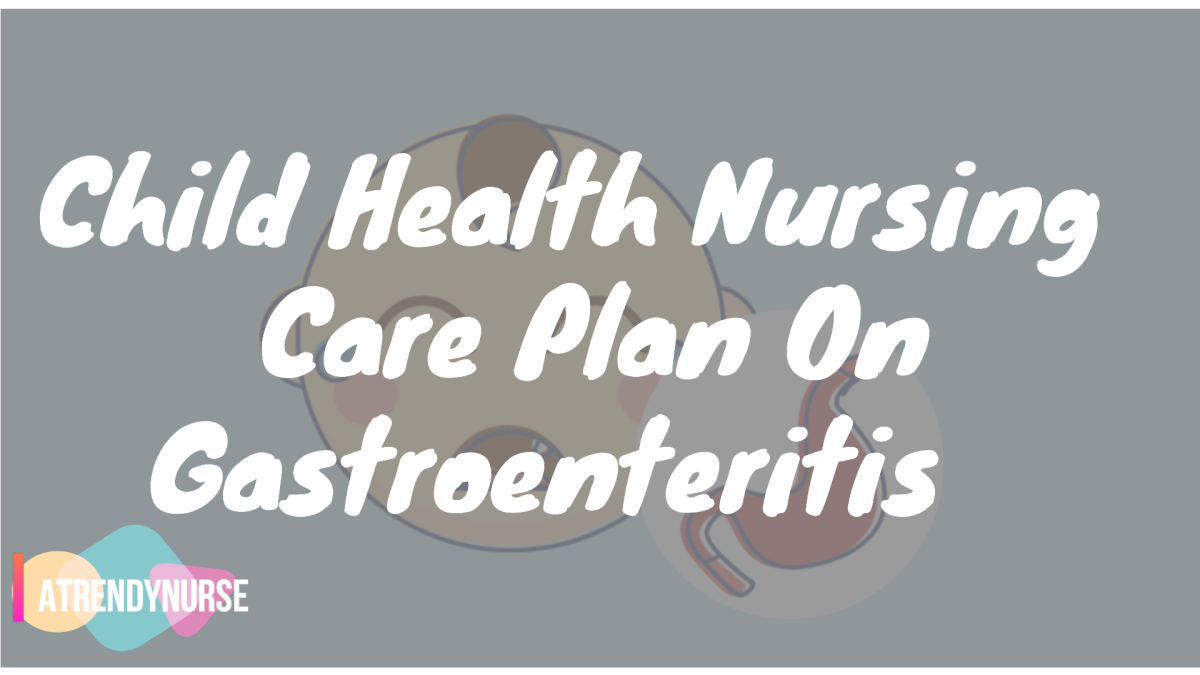
Child Health Nursing Care Plan On Gastroenteritis
Gastroenteritis, one of the most common infectious diseases seen in children, is an inflammation of the stomach and intestines that accompanies numerous gastrointestinal (GI) disorders.
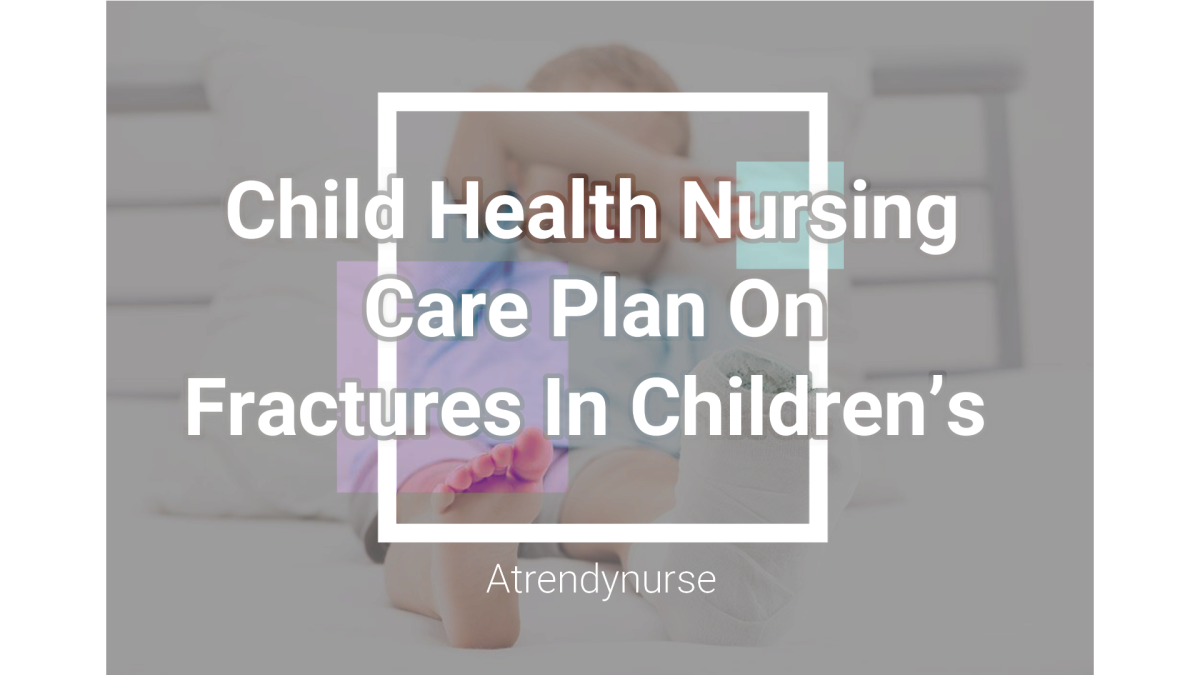
Child Health Nursing Care Plan On Fractures In Children’s
Fractures are common childhood injuries and usually the result of trauma (falls, motor vehicle accidents, sports injuries, child abuse) or bone disease with abnormally fragile bones (osteogenesis imperfecta).
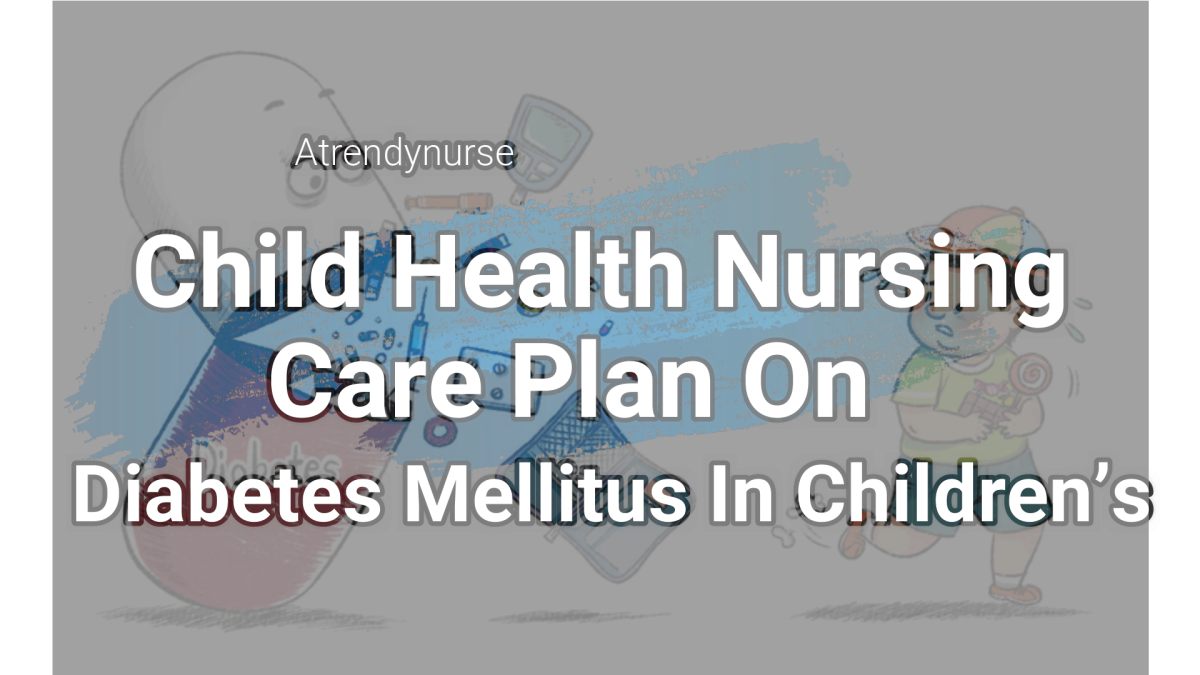
Child Health Nursing Care Plan On Diabetes Mellitus In Children’s
Diabetes mellitus (DM) is the most common childhood endocrine disorder and one of the most costly chronic diseases of childhood. It is a disorder of carbohydrate metabolism marked by hyperglycemia and glycosuria, and it results from inadequate production or use of insulin.
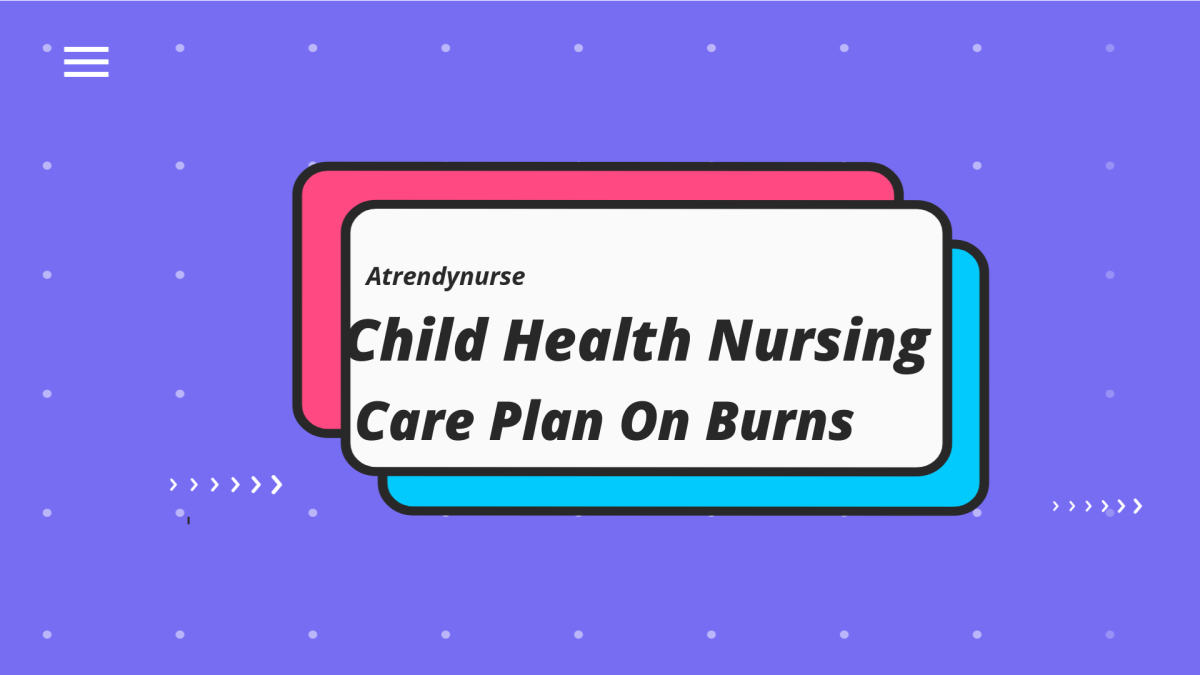
Child Health Nursing Care Plan On Burns
Burn injuries represent one of the most painful and devastating traumas a person can experience. Fire and burn-related injuries are a leading cause of death from injury in children ages 1-14. Most burns in children are relatively minor and do not require hospitalization.
Loading…
Something went wrong. Please refresh the page and/or try again.
Maternal And Child Health Care Plans
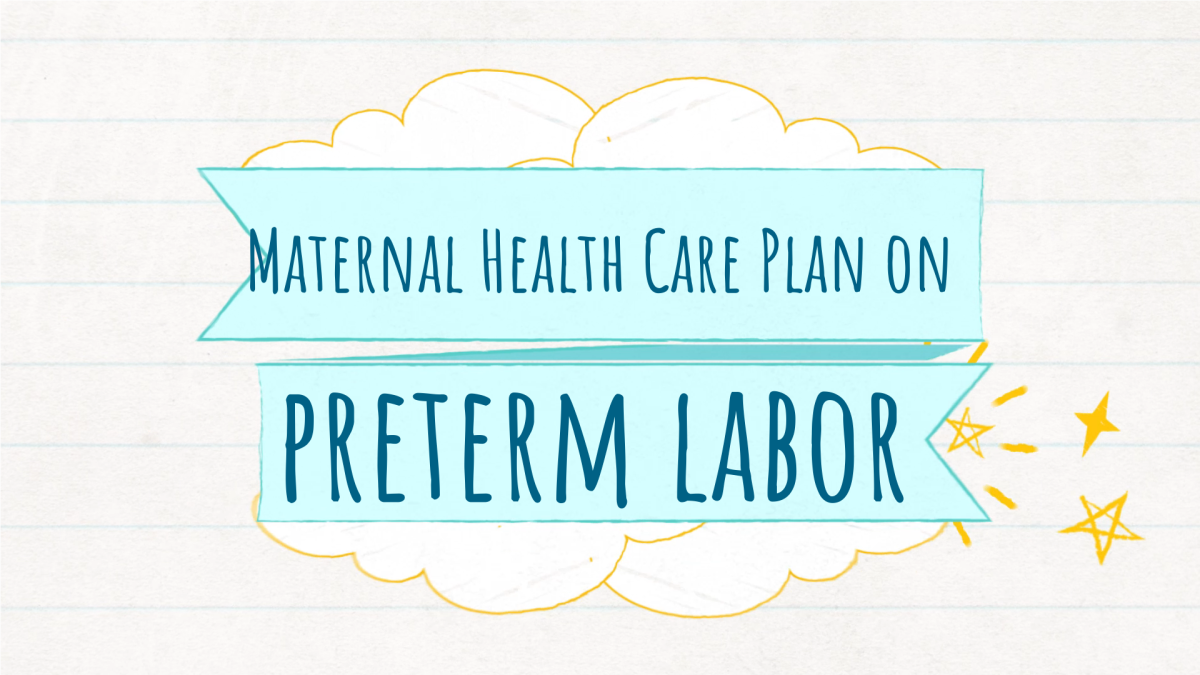
Maternal Health Care Plan On Preterm Labor
Preterm labor (PTL) is the onset of contractions that effect cervical change, either dilation or effacement, after 20 wk gestation and before the 37th wk of gestation. Birth before completion of the 37th wk is considered preterm. Most preterm births (PTB) occur between 34 and 36 wk.
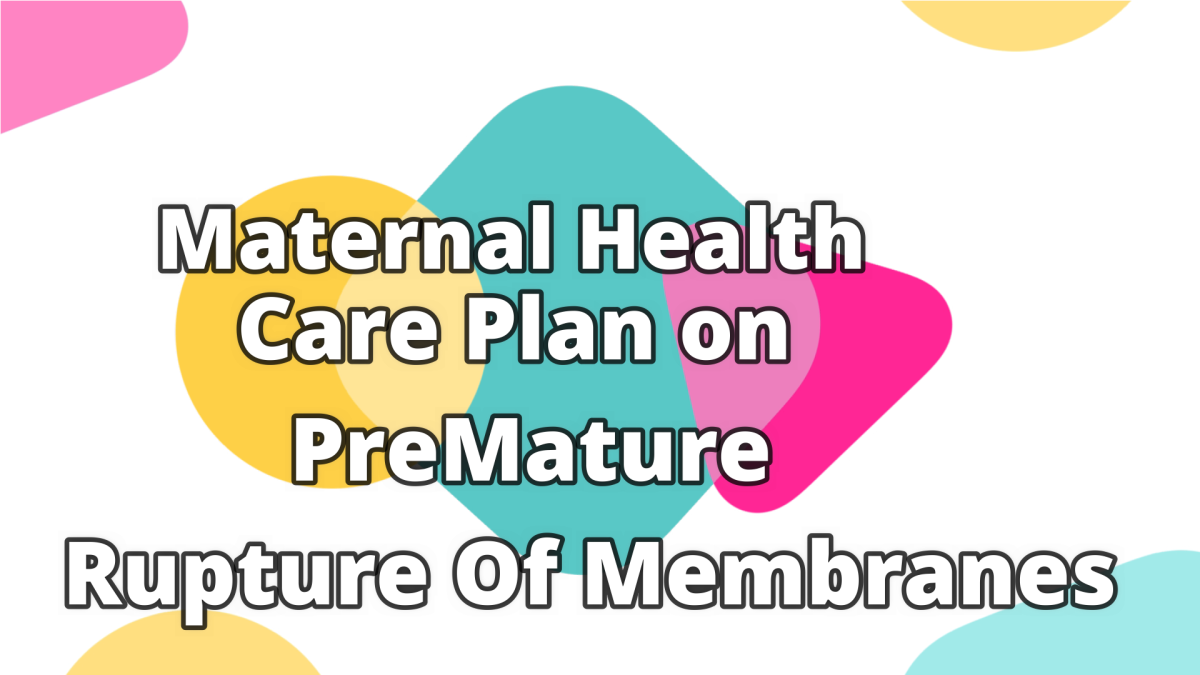
Maternal Health Care Plan On Premature Rupture of Membranes
When membranes rupture before the onset of labor it is called premature rupture of membranes (PROM). Preterm premature rupture of membranes (PPROM) is the leakage of amniotic fluid before term (38-41 wk gestation).
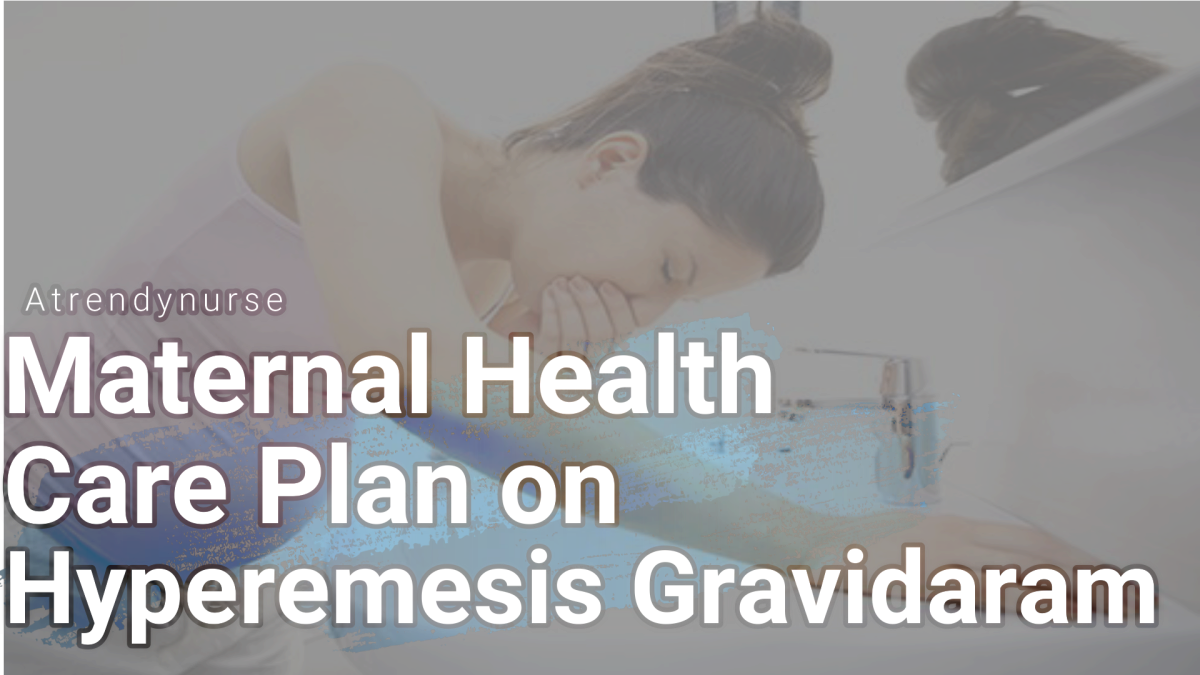
Maternal Health Care Plan On Hyperemesis Gravidaram
Hyperemesis gravidarum is a rare condition of excessive vomiting in pregnancy that causes weight loss of 5% or more from prepregnancy weight, dehydration, electrolyte imbalance, acidosis from starvation, and alkalosis from loss of hydrochloric acid.
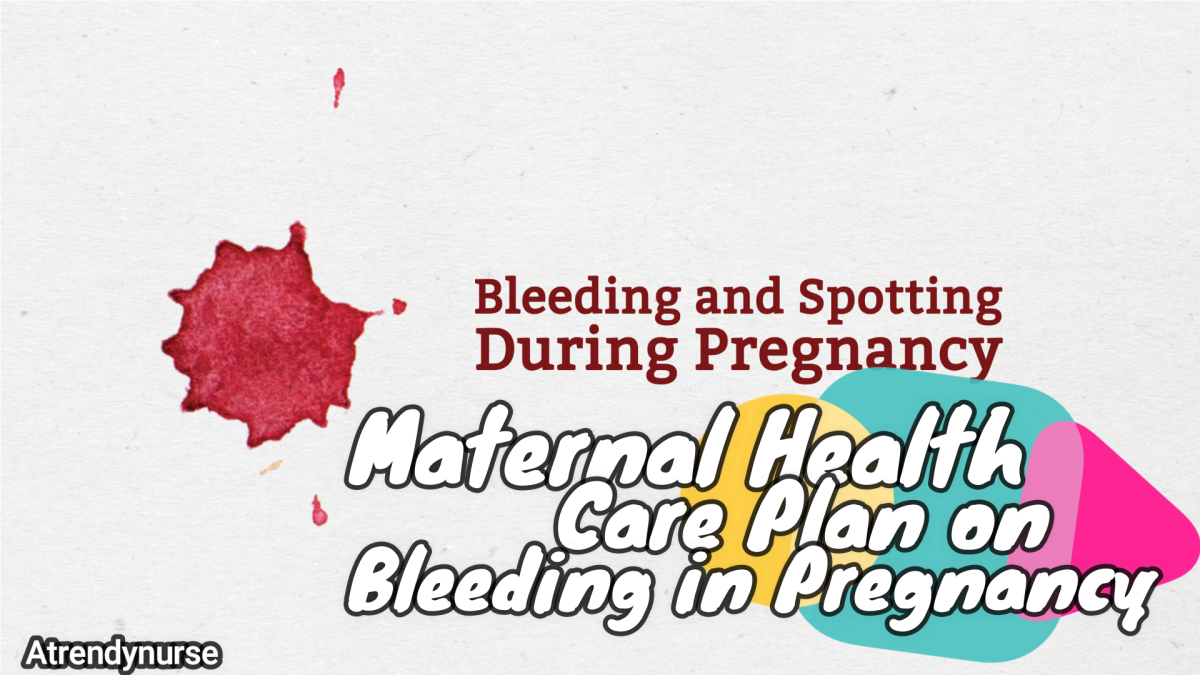
Maternal Health Care Plan On Bleeding In Pregnancy
Hemorrhage during pregnancy continues to be a leading cause of morbidity and mortality. Although at times it may be minor, bleeding can be life threatening when profuse hemorrhage leads to maternal hypovolemia, anemia, and complications such as infection.
Loading…
Something went wrong. Please refresh the page and/or try again.
